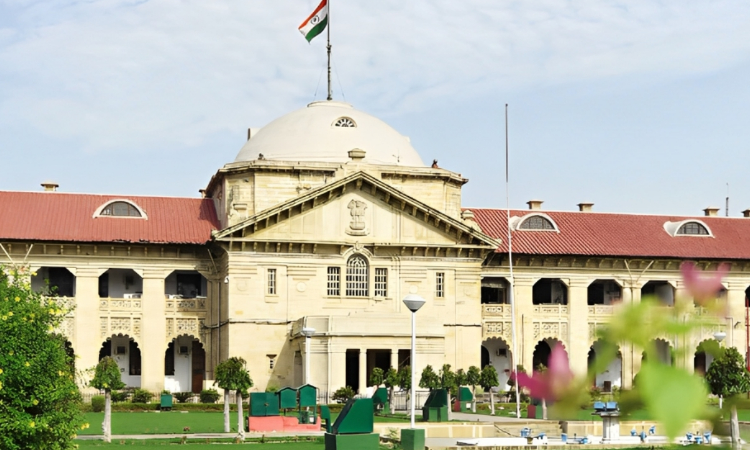Arbitration Act | New Evidence Cannot Be Adduced At S.37 Stage, Bar Of Limitation U/S 34(3) Is Attracted: Allahabad HC
Mohd Malik Chauhan
28 Oct 2024 12:45 PM IST

Next Story
28 Oct 2024 12:45 PM IST
The Allahabad High Court Bench of Justices Mahesh Chandra Tripathi and Prashant Kumar, held that the amendment obtained or raising fresh grounds virtually amounts to file a fresh appeal and would be barred by limitation as laid down under Section 34(3) of the Arbitration Act. Hence, it is not open for the appellant to raise any new ground or adduce any fresh evidence in an appeal under Section...
